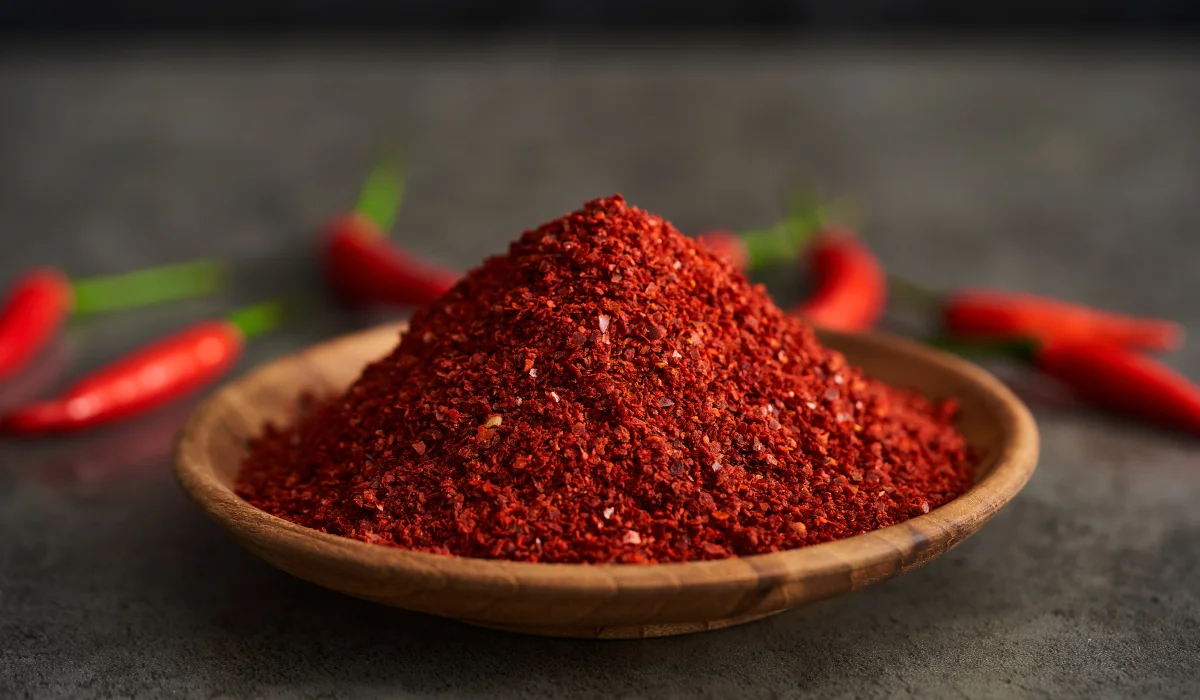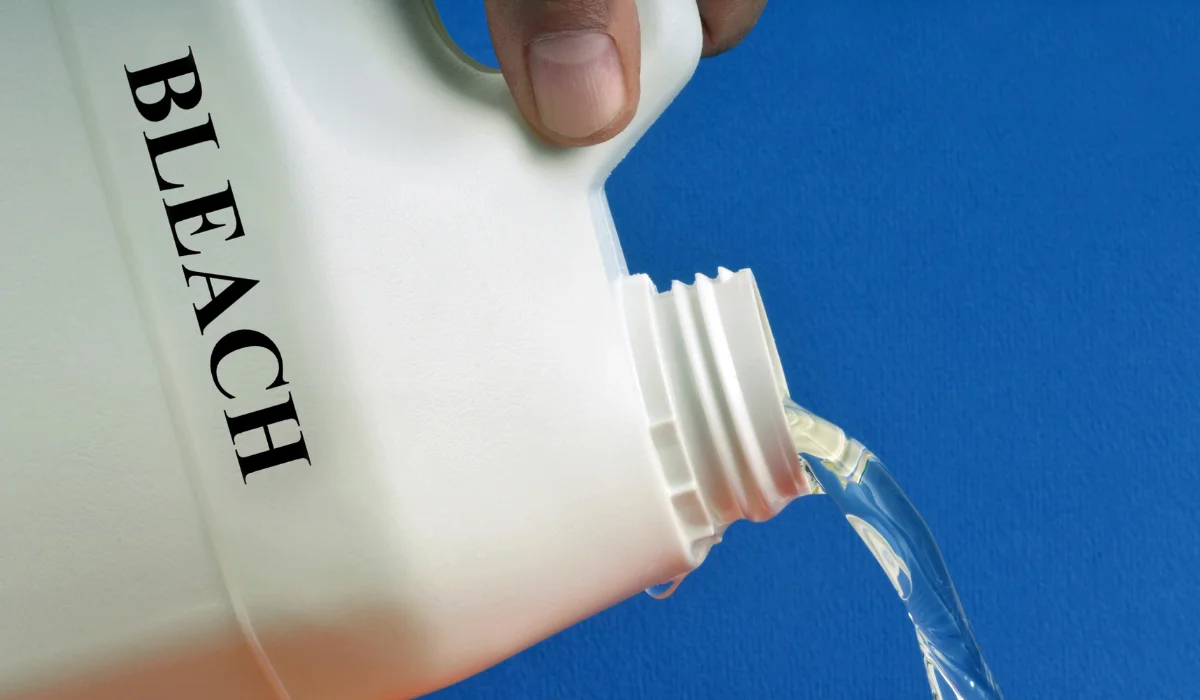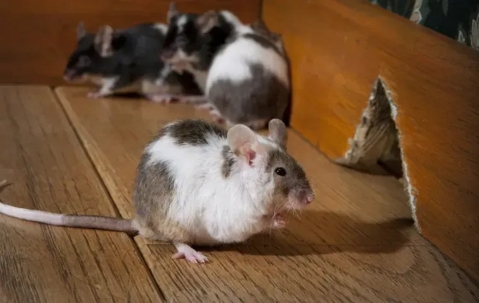What Smells Do Mice Hate?
If you've ever found mouse droppings in your home or heard scratching noises behind the walls, you know how challenging it can be to keep mice out. Since mice have a strong sense of smell, using scents they dislike is a natural way to repel them.
Whether you’re looking for a DIY mouse deterrent or need extra help with rodent control, here are some natural mouse repellents that encourage them to stay away.
Key Takeaways
- Mice dislike strong smells like peppermint oil, cayenne pepper, clove oil, chili powder, cinnamon sticks, dryer sheets, and bleach.
- Essential oils, chili powder, and cinnamon sticks work best when placed near entry points, baseboards, closets, and food sources.
- Steel wool, mouse traps, and proper food storage help block entry points and prevent mice from returning.
- Pest control experts can remove mice, seal entry points, and stop future infestations if DIY methods fail.
1. Essential Oils

Essential oils are effective natural mouse repellents due to their strong scents. Here are common oils that can irritate mice’s keen sense of smell:
- Peppermint oil: Soak cotton balls in peppermint oil and place them near entry points, baseboards, and areas with mouse droppings.
- Spearmint and citronella: Place the used spearmint tea bags near entry points, in closets, and along baseboards, or use citronella candles and oil sprays indoors to create a scent barrier.
- Eucalyptus oil: Soak cotton balls in eucalyptus oil and place them in closets, along baseboards, and near entry points.
2. Cayenne Pepper

Cayenne pepper’s spicy, pungent aroma is a natural rodent repellent. Its active compound, capsaicin, irritates their sense of smell and taste. A study on poultry farms found rodents consumed 55–98% less feed when treated with capsaicin, proving its effectiveness as a deterrent.
Sprinkle it near entry points, baseboards, and any cracks or gaps where mice might squeeze through.
For outdoor areas or larger spaces, mix it with water in a spray bottle and apply it around your home’s perimeter.
3. Clove Oil

Clove oil is another natural mouse repellent that works due to its strong scent.
A study found that eugenol, a key compound in clove oil, helped repel pests by blocking their ability to detect food. This suggests that clove oil can similarly interfere with a mouse’s keen sense of smell, making your home less inviting.
Soak cotton balls in clove oil and place them in closets, garages, and other areas where you suspect mouse activity.
You can also mix clove oil with water and spray it near food and other attractants to help repel them.
4. Chili Powder and Chili Oil
The strong, spicy smell of chili powder and chili oil is unpleasant to mice and helps keep them away. Sprinkle the powder along baseboards, entry points, and corners where these critters might hide.
For outdoor areas, apply the oil around your home’s perimeter to create a barrier that mice won’t cross. Just be cautious if you have pets or children, as both the powder and oil can irritate their skin and eyes.
5. Cinnamon Sticks
Mice dislike the strong scent of cinnamon sticks, making them an easy and natural mouse deterrent. Place cinnamon sticks in pantries, cabinets, closets, and near food sources to keep them away.
6. Dryer Sheets
Dryer sheets, with their strong scent, are a simple and affordable way to deter mice.
Stuff dryer sheets into small gaps, cracks, and entry points to block mice from entering your home. However, dryer sheets lose their scent over time, so be sure to replace them regularly.
7. Bleach

The sharp smell of bleach is unpleasant to mice and can help deter them from entering your home. Clean areas where you've found mouse droppings with a diluted bleach solution to remove traces of mouse activity while leaving behind a scent that mice dislike.
You can also use bleach to clean entry points and areas where food is stored, but avoid excessive use in spaces where pets or children might be exposed.
Combining Natural Repellents With Mouse Control
While using natural repellents can help repel mice, they may not be enough if you’re dealing with a mouse infestation.
Here are a few additional tips for homeowners:
- Use steel wool to block any holes, cracks, or gaps where mice might enter your home.
- Place mouse traps along walls, near entry points, and in areas where you’ve noticed mouse droppings or other signs of activity.
- Store food sources in airtight containers and clean up crumbs and spills promptly.
- Always wear gloves when cleaning up mouse droppings to avoid exposure to harmful bacteria.
When to Call a Pest Control Expert
If natural repellents and DIY methods aren’t enough to resolve your mouse problem, it’s time to call a pest control expert.
At Native Pest Management, our professional exterminators can identify hidden entry points, set up effective rodent control measures, and help prevent future infestations. We use advanced techniques and equipment to eliminate mice safely and efficiently, ensuring long-term results.
If the problem persists, don’t hesitate to contact us for expert help.
